C LASH !
C LASH !

8 Cultural
Conflicts
That Make Us
Who We Are

HAZEL ROSE MARKUS, PH.D.,
AND ALANA CONNER, PH.D.

HUDSON STREET PRESS
Published by the Penguin Group
Penguin Group (USA) Inc., 375 Hudson Street,
New York, New York 10014, USA

USA | Canada | UK | Ireland | Australia | New Zealand | India | South Africa | China
Penguin Books Ltd, Registered Offices: 80 Strand, London WC2R 0RL, England
For more information about the Penguin Group visit penguin.com
First published by Hudson Street Press, a member of Penguin Group (USA) Inc., 2013
Copyright Hazel Rose Markus and Alana Conner, 2013
All rights reserved. No part of this product may be reproduced, scanned, or distributed in any printed or electronic form without permission. Please do not participate in or encourage piracy of copyrighted materials in violation of the authors rights. Purchase only authorized editions.
 REGISTERED TRADEMARKMARCA REGISTRADA
REGISTERED TRADEMARKMARCA REGISTRADA
CIP data is available.
ISBN: 978-1-101-62360-2
PUBLISHERS NOTE
While the authors have made every effort to provide accurate telephone numbers, Internet addresses, and other contact information at the time of publication, neither the publisher nor the authors assume any responsibility for errors or for changes that occur after publication. Further, publisher does not have any control over and does not assume any responsibility for author or third-party Web sites or their content.

For the brightest stars in our culture cycles:
Alice, Bob, Krysia, Marilyn, Christian, and Taylor
Introduction
Culture Trouble
I am large, I contain multitudes.
Walt Whitman, Song of Myself
N o TV. No computer games. No choice of free-time activities. And when noncompliant, no food, no water, no bathroom, and no shelter.
To many people, these rules sound like they came straight out of an American prison on a bad human rights day. In reality, they are a few of the parenting tips Amy Chua offers in her 2011 memoir, Battle Hymn of the Tiger Mother. An American-born daughter of Chinese immigrants, Chua reveals the parenting secrets of the Chinese, who are famous the world over for their successful children.
Underlying Chinese and Western As a result, they set the bar dizzyingly high for their children, and then use tough techniques to help them meet the familys expectations.
If the proof of the parenting is in the offspring, Chuas mothering is so far unassailable. Her elder daughter, Sophia Chua-Rubenfeld, made her Carnegie Hall debut at age fourteen, graduated first in her class from an elite prep school, and is now studying at Harvard University. Chuas younger, rebellious daughter is no slouch, either. Louisa, an honor student at the same elite prep school, was a virtuoso violinist in the local symphonys Prodigy Program, until she chose to dedicate more time to tennis, at which she also excels.
Despite the triumphs of her self-styled Tiger Cubs, Chua has outraged much of the Western world. Critics call her methods manipulative, abusive, and even illegal. They protest not only her means, but also her ends. [Chuas] kids cant possibly be happy or truly creative, writes columnist David Brooks, summarizing the publics concerns. Theyll grow up skilled and compliant but without the audacity to be great.
This is not a new line of thought. For several decades, the West has dismissed the genius of the East as one of imitation not innovation. But the East is swiftly catching up with the creativity and audacitythe greatnessof the West. Between 2004 and 2008, Chinese scholars penned 10.2 percent of the scientific research papers published in major international journals, second only to scientists in the United States. Those rankings are expected to flip as early as 2013, with China taking the pole position.
Science and technology are not the only areas of innovation with tigers at the top. Of the thirty-five living artists who earn seven digits for a single work, seventeen are of Asian heritage.
Stats like these fuel the sales of Chuas book. What if she is right? What if raising successful children requires the rigid enforcement of old-school rules? What if the European-American preoccupation with self-esteem, self-expression, and self-actualization is turning our children into hothouse flowers who will wither in the grip of their Eastern competition? What if the clash of Eastern and Western cultures in American classrooms, and around the world, ends with the East on top?
At the heart of the Tiger Mother hysteria are two deeper questions: What kind of person will not just survive, but thrive in the twenty-first century? And can I be this kind of person?
Our book is an answer to these questions. As cultural psychologists, we study how different cultures help create different ways of being a personwhat we call different selves. We also study how these selves in turn help create different cultures. We call this process of cultures and selves making each other up the culture cycle. As we will reveal, many of the clashes that give us the most grief arise when different selves collide. But by using our culture cycles to summon the right self at the right time, we may not only stop many of these clashes in their tracks, but also harness the power of our diverse strengths.
Playlists of the Soul
Most of us ponder the question Who am I? at some point in our lives. The more neurotic among us do so several times before breakfast. But have you ever asked yourself, What is an I? And why do I have one?
Your I, your self, is your sense of being a more or less enduring, single agent who acts and reacts to the world around you, and to the world within you. Your self is the hero at the center of your life story, which you are constantly writing (whether you know it or not). It is the part of you that perceives, attends, thinks, feels, learns, imagines, remembers, decides, and acts. It connects your present to your past and your future, helping you make meaning out of your experiences and figure out what to do next.
Having a self is a smart human trick. Because humans are not custom-built for any environment, you must be ready to adapt to all environments. And so your brain, like all human brains, is tuned to a broad band of stimuli.
Your world, in turn, is like a radio playing many different stations at once. Your self moves the dial on that radio. It helps you attend to the channels that are relevant to your needs and goals, and tune out the ones that arent. At a cocktail party, for example, you prick up your ears if someone says your name, even when you are not paying attention to the chatter around you. Thats because some part of your brain is looking out And if you want to remember a new fact, one of the surer routes to deep storage is to link that fact directly to something you value or have personally experienced.

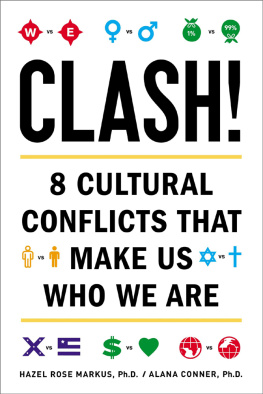
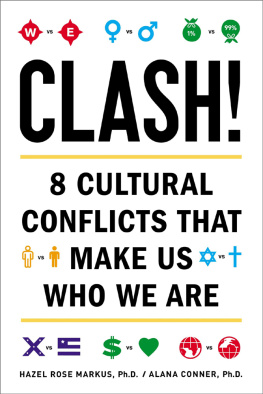
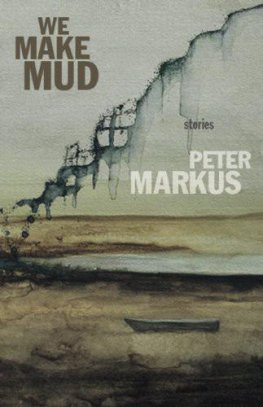
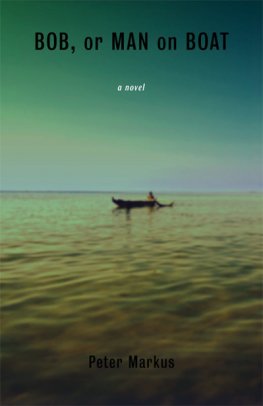
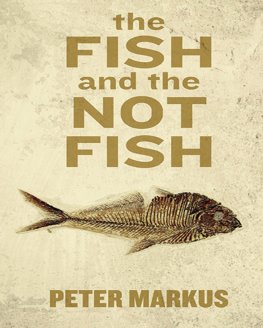
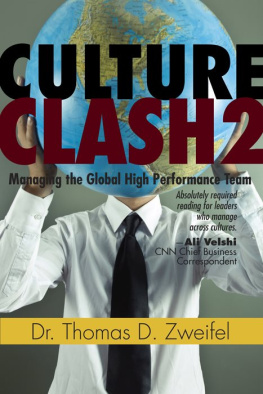
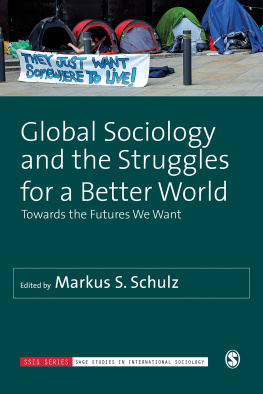

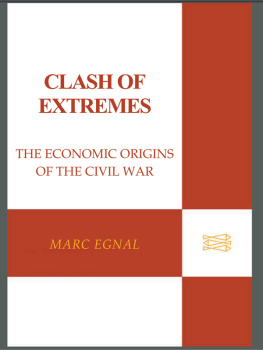
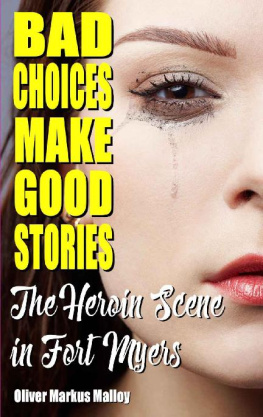
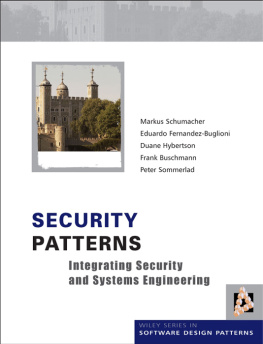
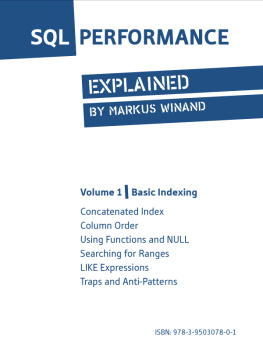
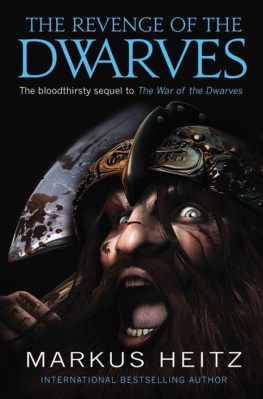




 REGISTERED TRADEMARKMARCA REGISTRADA
REGISTERED TRADEMARKMARCA REGISTRADA